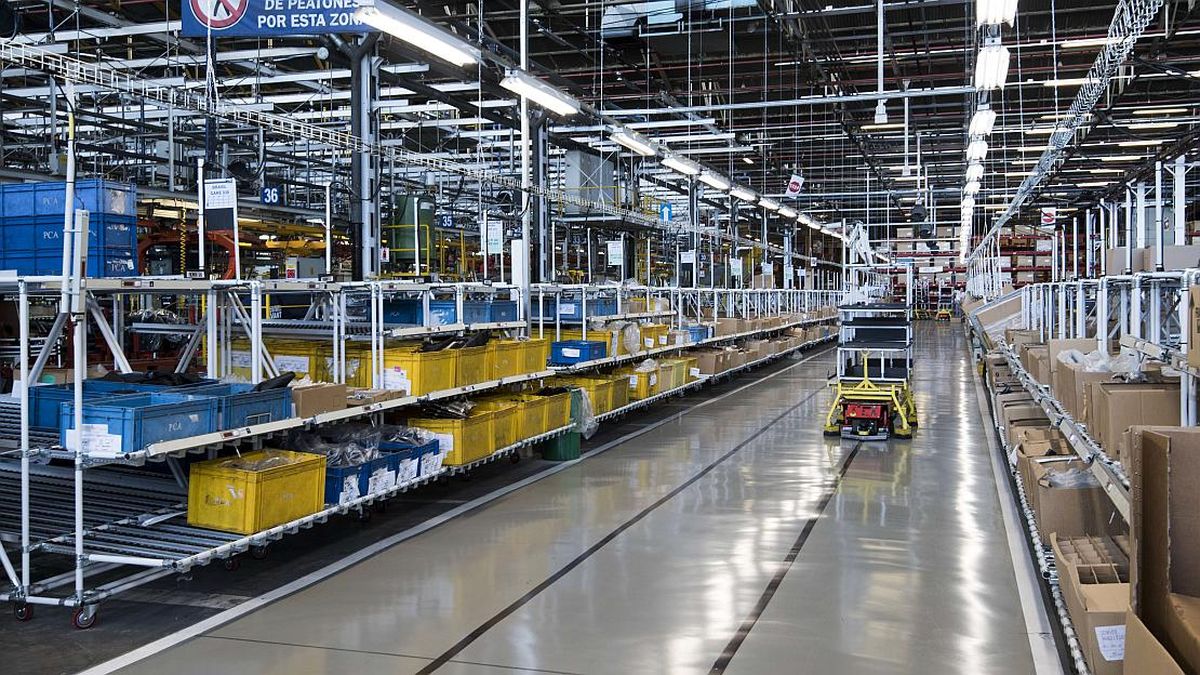“In April, the INDEC Economic Activity Estimator will continue to record year-on-year variations of over 5%, but this is mainly due to the low base of comparison; don’t forget that at this point in 2021 the economy was still recovering from the 2020 recession,” he explained to Ambit Eugenio Marí, Chief Economist of the Fundación Libertad y Progreso.
“The mid-year numbers will show how Argentine economic activity begins to find its ceiling, and even how it begins to fall. Although the international context is extremely favorable with regard to the terms of trade, which are record, the reality is that the uncertainty at the national level and the lack of signals from the economic policy have become very hard obstacles for the investment and future growth,” he added.
Along the same lines, Santiago Manoukian, economist at Ecolatina, stated: “For the second quarter we have a projection of GDP contraction in relation to the first quarter, in the seasonally adjusted series, of approximately 0.3%. It is, however, consistent with an economy that would grow 6% year-on-year in the second quarter. This has to do with the base of comparison with which we are working”.
The analyst remarked that, in short, the activity “would show a falling second quarter” due to two main factors: “The first is the lower harvest in volumes, which has an impact on national accounts beyond the fact that prices have compensated for this sector the lower volumes of production. And on the other hand, what we are seeing is that consumption is beginning to be affected by the acceleration of inflation. Even with parity overheated, it mainly affects the lowest income deciles. Inflation acquired a more regressive bias, unlike the latter part of last year, and this especially affects those who have less. And it is starting to show in some leading indicators of mass consumption. We also see that although consumption will continue to grow year-on-year, compared to the first quarter it has fallen.”
Second semester
There are different factors that, in addition, make us foresee that the trend will continue during the second half of 2022. “For the remainder of the year, the outlook is for a cooling off in activity. The Government was trying to strike a balance with different measures aimed at multiple objectives, with an interest rate that they tried not to raise too much so as not to affect consumer credit and investment, but that on the other hand sought to encourage savings in national currency and tend to positive returns in real terms,” Manoukian noted, adding, “And, in a way, they are letting go of these objectives of keeping the activity on course, because the macroeconomic and financial scenario is getting complicated”.
“So in that sense, the sharp rate hike we saw last week points to that. If we add a certain restriction to the imports that may come, because the availability of dollars is not enough to meet the reserve accumulation goal set with the Fund and at the same time sustain this level of imports, there the Government faces a dilemma and we are beginning to see those consequences that would eventually impact the level of activity going forward. Which would be added to a lower fiscal impulse, to meet the fiscal goal”, added the Ecolatina economist.
“On the other hand, let’s see an inflation that is going to moderate, but very slowly. And that will continue to affect revenue. Finally, there is the discussion about whether the availability of energy is going to be sufficient to avoid blackouts in the coming months. There I think there is a great uncertainty to unveil”, remarked Manoukian, who concluded: “In short, there are different factors that lead us to think that activity is going to cool down in the coming months.”
In this sense, Marí said that Libertad y Progreso projects that in 2022 the GDP will grow 3% compared to last year. “However, this projection is explained more than anything by the accumulated growth in the first quarter of the year and by the carryover effect compared to 2021 (which exceeds 4 percentage points). During the second half of the year we expect economic activity to begin to contract, which will be accompanied by an acceleration in prices and a drop in consumption,” he stressed.
In this scenario, the firms that participate in the Central Bank’s REM forecast GDP growth of 3.3% for this year. Below the 4% ratified by the Government in the Budget update carried out days ago.
Source: Ambito
David William is a talented author who has made a name for himself in the world of writing. He is a professional author who writes on a wide range of topics, from general interest to opinion news. David is currently working as a writer at 24 hours worlds where he brings his unique perspective and in-depth research to his articles, making them both informative and engaging.




